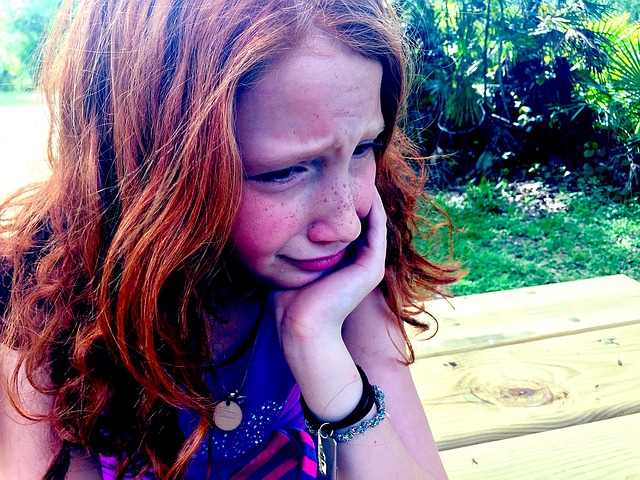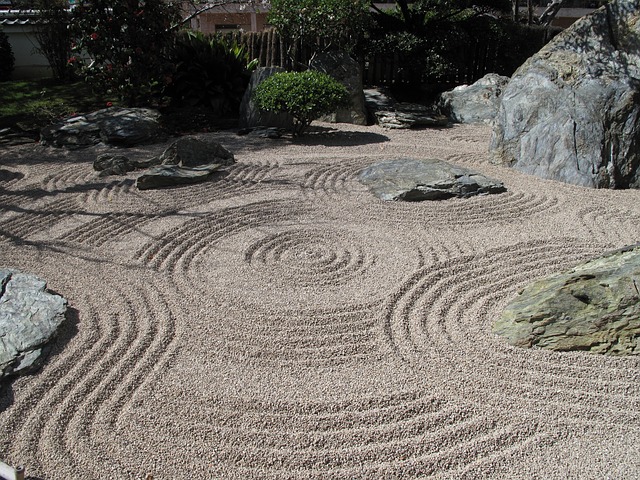The Effects of Accumulating Small “t” Traumas in Your Life
The effects of trauma can impact you for a very long time. And you may not even realize it.
Sure, you’re likely going to recognize negative symptoms if you’ve experienced a life-threatening event. After all, this is the most well-known description of trauma.
Yet, what qualifies as trauma today is different than it was even twenty years ago.
Previously, mainly soldiers and violent assault survivors were considered victims of trauma. But research is showing a unique pattern in those who experience several high-stress events over a short period of time—otherwise known small “t” trauma.
With this in mind, here’s what you need to know about the effects of this type of trauma.
What Qualifies as Small “t” Trauma?
Firstly, let’s talk about big “T” trauma—war, natural disaster, sexual assault, etc. Essentially, this type is typically one significant and life-changing event. It leaves lasting and haunting symptoms such as nightmares, paranoia, flashbacks, and more. Post-traumatic stress disorder (PTSD) is also often found in the aftermath of big “T” trauma.
Little “t” trauma is different. Events aren’t usually monstrous or even significant to anyone but the one experiencing them.
Things like nasty breakups, unexpected bills, relocation, the death of a pet, or changes in job functions all fit the bill. Moreover, if these events come in a “when it rains it pours” time frame, the impact is greater.
Why Is Small “t” Trauma Significant?
Small “t” trauma is so paramount because instead of one huge boulder crushing you, it’s thousands of tiny pebbles. 
If you’re like most people, one pebble is manageable. You may be able to beef up your self-care and strengthen your support circle to juggle a few pebbles. But when one pebble after another comes raining down, your brain begins to respond to the overwhelm as it would to a huge boulder.
Rather than processing the negative emotions and information, your brain sort of crams it away in a dusty back closet of the mind. Unsurprisingly, these unprocessed experiences frequently revisit you, manifesting in your body and mind as an array of negative symptoms.
How Does Small “t” Trauma Impact You?
Challenging your ability to cope, small “t” trauma wears you down bit by bit. It feels as if your insides are being disassembled slowly. Imagine tearing down Rome “brick by brick” instead of building it.
Strangely enough, this type of trauma can creep up on you. Although you may have a big breakdown moment, you typically gather your wits about you and find a way to carry on. But you may begin to notice that there is something different about how you feel, respond, think, and make decisions.
Some people struggle with insomnia while others work themselves to the bone. Each person’s response to small “t” trauma is unique to them. Though, one thing research is uncovering is that some symptoms mirror PTSD symptoms. And that shouldn’t be taken lightly.
How Can You Overcome Small “t” Trauma?
Finding support is the primary route to recovery. Surround yourself with people who acknowledge that what you experienced did, in fact, impact you in a traumatic way.
Also, make it a point to address your nervous system. In experiencing one pebble throw after another, your sympathetic nervous system responded accordingly. As it activates your “fight-or-flight” mode, you may feel frozen and on high alert. So, despite the possible re-establishment of normalcy in your life, you may be stuck in overdrive.
It’s imperative to practice calming techniques to help soothe your nervous system back into calm mode.
Lastly, take all these pebbles seriously. You may be one tough cookie. However, when the human spirit is downtrodden, life can feel unbelievably heavy. Be kind to yourself and seek help and support.
If you’re ready to pave your own path to recovery, please contact me today. Or visit here to learn more about my services. I’m here to help and support you through any type of trauma.



